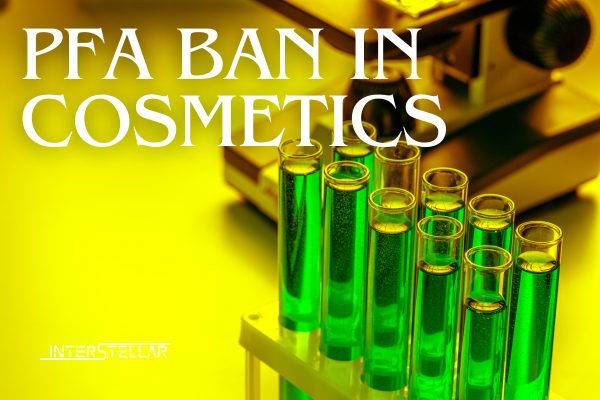EU Proposes Ban on PFAS in Consumer Products, Targets Environmental and Health Risks
The European Commission is planning to introduce a ban on Perfluoroalkyl and Polyfluoroalkyl Substances (PFAS), often referred to as “forever chemicals,” in consumer products. While some essential industrial uses may be exempt, the move aims to address growing concerns about the impact of PFAS on ecosystems, drinking water, and human health.
These chemicals are resistant to breakdown in the environment, which makes them widely used in products like cosmetics, non-stick cookware, and industrial applications such as aircraft and wind turbines. However, their persistence also raises significant environmental and health concerns.
EU Environment Commissioner Jessika Roswall highlighted the importance of phasing out PFAS:
“This is vital for humans, the environment, and also for industries to plan their transition away from the chemicals.”
Industrial Exemptions and Challenges
Countries like Denmark, Germany, the Netherlands, Norway, and Sweden have been advocating for a broad ban on PFAS for years. However, the EU proposal is unlikely to be finalised before 2024 due to the need to identify essential exemptions.
Potential exceptions include asthma inhalers and semiconductors used in green technologies, such as electric vehicles, though even these may face strict disposal rules. Industrial uses, particularly in plastics and electronics, account for most PFAS consumption.
The European Chemicals Agency (ECHA) is reviewing thousands of comments from trade associations representing sectors like clean energy and automotive. These industries are seeking exemptions for specific PFAS, such as fluoropolymers, which are crucial for products like waterproof clothing and solar cells.
Mounting Legal and Financial Risks
Research linking PFAS exposure to serious health risks, including liver damage, lower birth weights, and testicular cancer, is increasing litigation risks for companies. In the US, lawsuits have led to settlements exceeding $11 billion, involving major corporations such as 3M and Chemours over water contamination.
European companies are also facing potential legal challenges. Hélène Duguy, a lawyer at ClientEarth, warned that firms could encounter a surge in lawsuits over PFAS-related pollution and the downplaying of environmental risks.
“ClientEarth is closely monitoring companies’ conduct on PFAS and will not shy away from action,” she stated.
As the EU works to finalise its PFAS ban, the initiative underscores the balance between protecting public health and enabling industrial adaptation.
With inputs from Reuters





